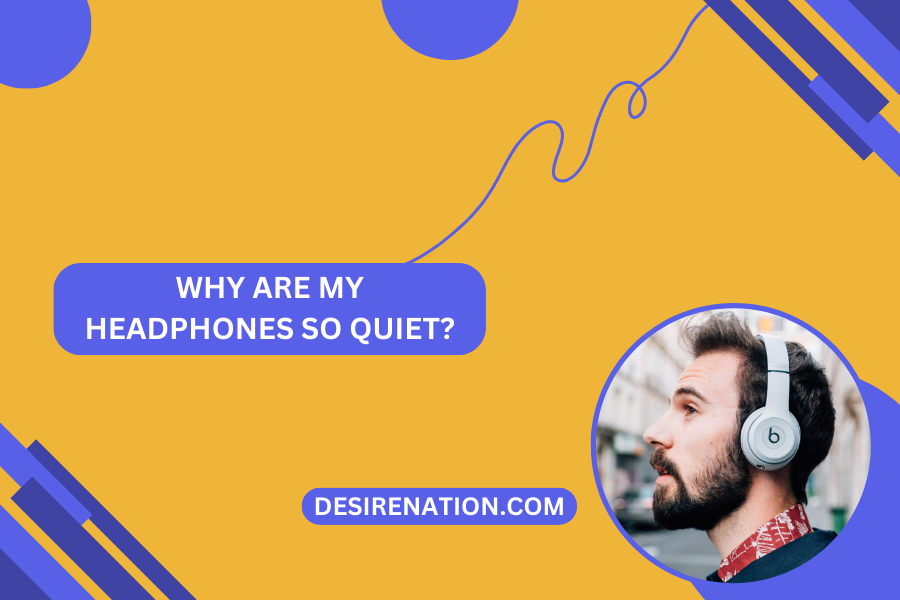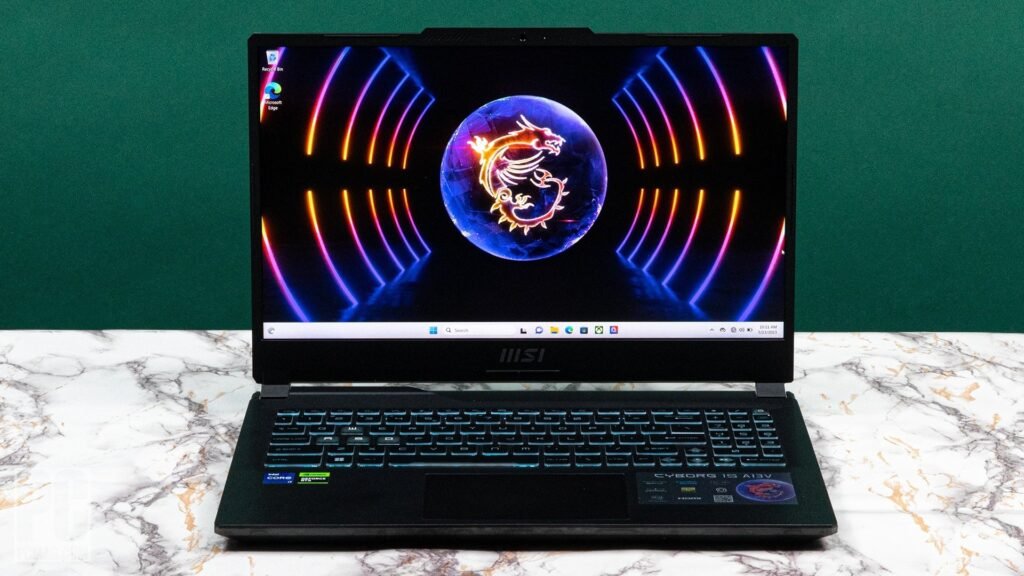Have you ever plugged in your headphones, eager to dive into your favorite music or podcast, only to find that the sound is disappointingly quiet? It’s a frustrating experience that many of us have encountered at some point. Fortunately, there are several potential reasons why your headphones might be quieter than expected, and even better, there are often simple solutions to address the issue. Let’s delve into the common causes behind this perplexing problem and explore how you can fix it.
1. Volume Settings:
One of the most obvious explanations for quiet headphones is that your device’s volume settings may be turned down too low. Before assuming there’s a problem with your headphones, check the volume levels on your smartphone, computer, or whichever device you’re using. It’s easy to accidentally lower the volume or forget that you’ve muted it altogether.
2. Dirty or Damaged Connections:
Another culprit for quiet headphones could be dirty or damaged connections. If the audio jack on your device or the plug on your headphones is dirty or obstructed, it can interfere with the sound quality. Similarly, if either the jack or plug is damaged, it may not make a secure connection, resulting in reduced volume. Try cleaning the connections with a soft brush or compressed air, and inspect them for any signs of damage.
3. Sound Settings or Equalizer Presets:
Some devices have built-in sound settings or equalizer presets that can impact the volume and audio balance. Check your device’s settings to see if there are any adjustments you can make to enhance the volume output. Experimenting with different equalizer presets or sound enhancement features may also help boost the volume to a more satisfactory level.
4. Headphone Damage or Wear:
If none of the above solutions resolve the issue, it’s possible that your headphones themselves are damaged or worn out. Over time, the internal components of headphones can degrade, resulting in diminished sound quality and volume. Inspect your headphones for any visible signs of damage, such as frayed cables or broken ear cups. If your headphones are under warranty, you may be eligible for a replacement or repair.
5. Compatibility Issues:
Incompatibility between your headphones and device can also lead to low volume output. Ensure that your headphones are compatible with the device you’re using, particularly if you’re using adapters or connecting to non-standard audio outputs. Using headphones with impedance levels that are too high for your device can also result in quieter sound.
Conclusion:
Experiencing quiet headphones can be frustrating, but it’s often a problem with a simple solution. By checking your device’s volume settings, cleaning connections, adjusting sound settings, inspecting your headphones for damage, and ensuring compatibility, you can troubleshoot and resolve the issue effectively. If you’ve tried these solutions and still can’t achieve satisfactory volume levels, it may be time to consider investing in a new pair of headphones. Remember, clear and crisp sound enhances the listening experience, so don’t let quiet headphones dampen your enjoyment of music, podcasts, or any other audio content.
You Might Also Like These:
What is windows sonic for headphones












